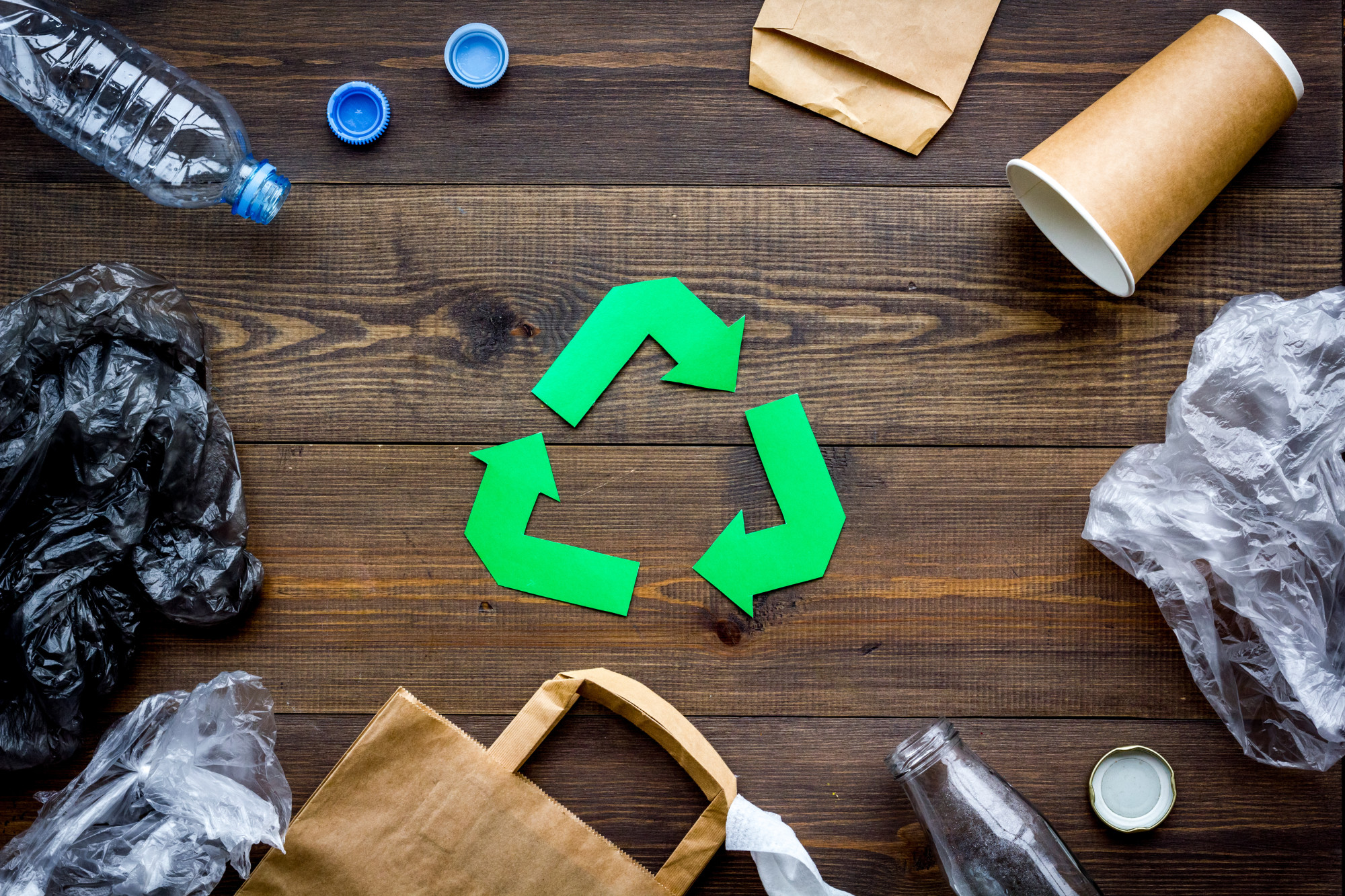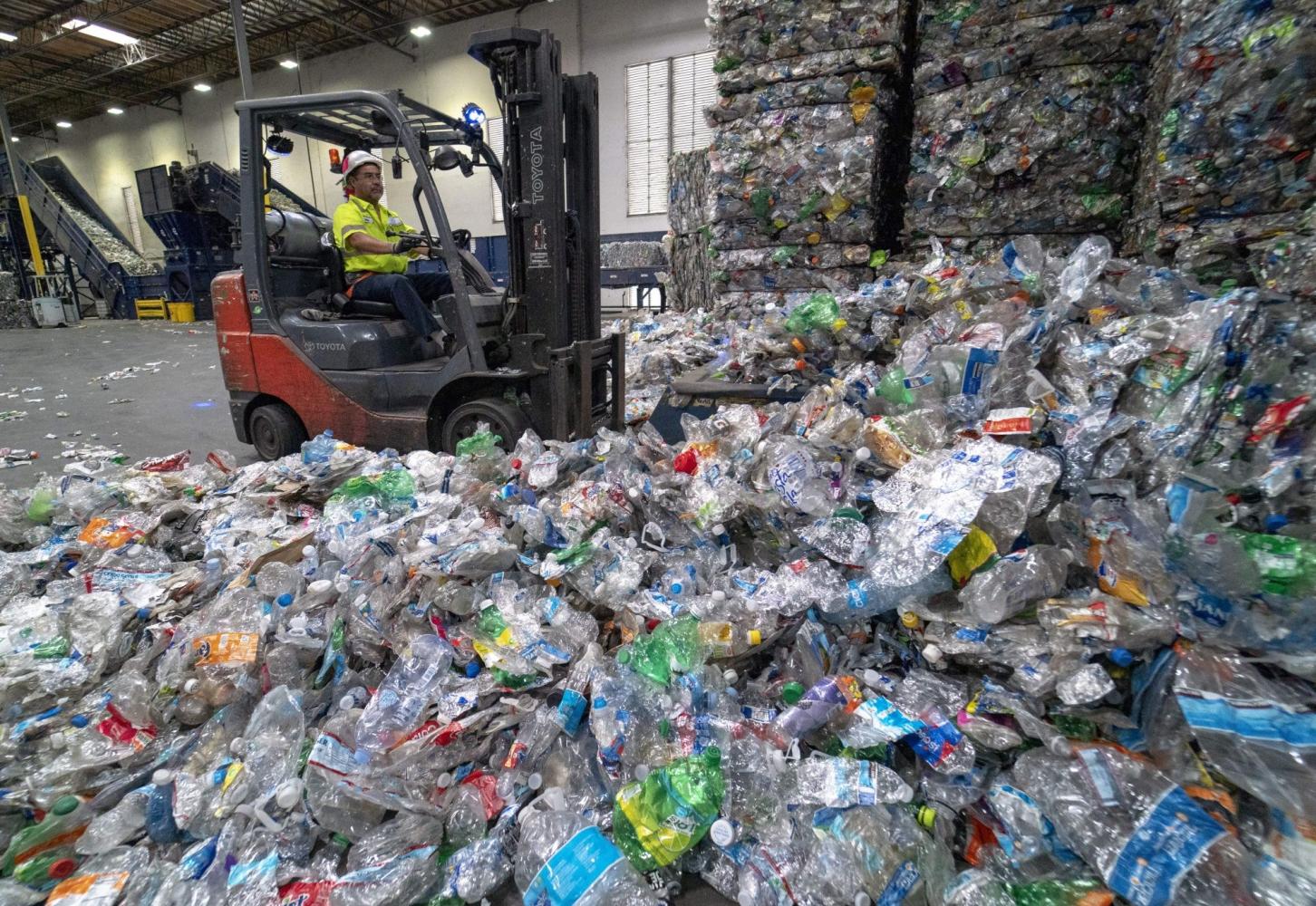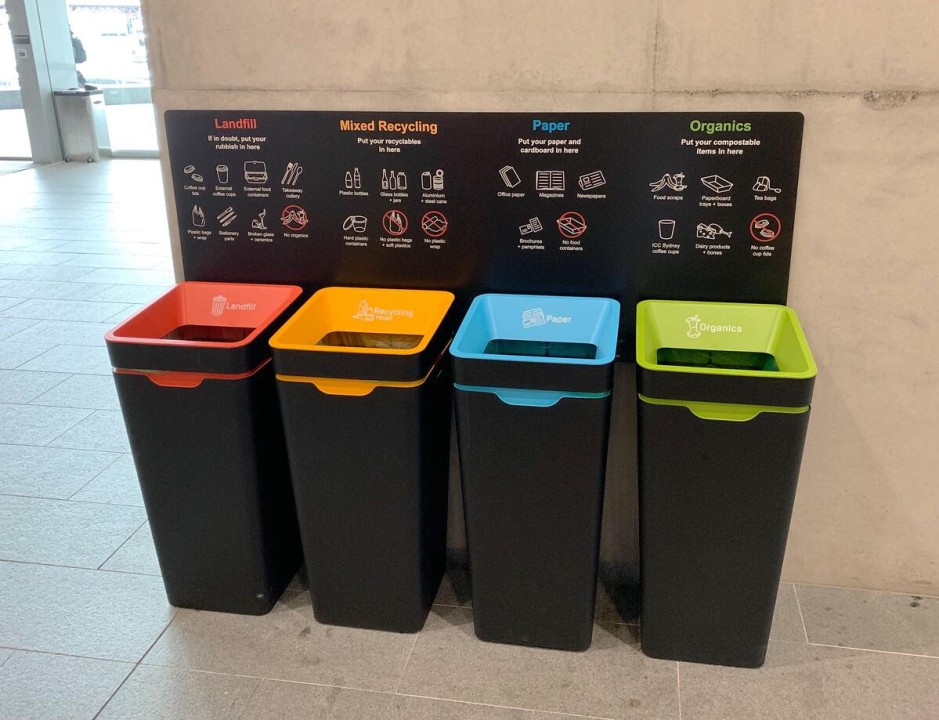
Plastic waste is a major environmental problem that has adverse effects on our planet. However, starting a plastic recycling business not only addresses this issue but also presents a promising business opportunity.
Is plastic recycling business profitable?
According to a report by Grand View Research, the global recycled plastic market size was valued at USD 46.09 billion in 2021 and is expected to grow at a CAGR of 4.8% from 2021 to 2030. This demonstrates the potential for profitability in the plastic recycling industry.
Furthermore, a study by the Environmental Protection Agency (EPA) reveals that the average profit margin for plastic recycling businesses is between 6% and 10%. However, starting a plastic recycling business requires careful planning, research, and investment.
In this blog, we will provide you with a step-by-step guide on how to start your own plastic recycling business and how to ensure its success. So, let's dive in and discover the possibilities of a plastic recycling business.
Step 1: Do market research

Before starting any business, it's essential to do market research to identify the potential demand and competition in the industry. The same holds true for starting a plastic recycling business. Market research helps to determine the type of plastic waste that is available in your area, the demand for recycled plastic products, and the competition you might face.
To begin with, you can research the type of plastic waste that is generated in your area. This can help you understand what kind of plastic materials you can collect and recycle. You can also explore potential sources of plastic waste, such as households, businesses, and manufacturing industries.
Next, you need to identify the demand for recycled plastic products in your area. This can be done by reaching out to potential buyers, such as manufacturers, distributors, and retailers, to understand their needs and preferences for recycled plastic materials.
It's also crucial to research the competition in the plastic recycling industry. This will help you understand the market dynamics, the prices that other recyclers are charging, and the quality of their recycled plastic products. You can also identify gaps in the market that you can fill to differentiate your business from your competitors.
In addition to primary research, you can also use secondary research to gather more insights into the plastic recycling industry. This can include reading industry reports, news articles, and other publications that provide information on the latest trends, regulations, and innovations in the plastic recycling industry.
Overall, market research is a crucial first step in how to start a plastic recycling business. By gaining a deep understanding of market demand, competition, and industry trends, you can make informed decisions on how to position your business for success.
Step 2: Estimate your budget

Once you have conducted market research and gained insights into the plastic recycling industry, the next step is to estimate your budget. This will help you determine the amount of capital required to start and sustain your plastic recycling business.
To begin with, you need to identify the costs associated with setting up and operating your recycling facility. This can include costs such as rent, utilities, equipment, labor, and raw materials. You also need to factor in costs associated with obtaining necessary permits and licenses, as well as any legal or consulting fees.
In addition to start-up costs, consider ongoing expenses. This can include expenses such as marketing, maintenance, repairs, and insurance. It's important to account for all of these expenses when estimating your budget, as they can impact your profitability and sustainability in the long run.
When estimating your budget, you should consider potential sources of funding. This can include personal savings, loans from financial institutions, grants from government agencies or non-profit organizations, and investments from partners or stakeholders. You may also want to explore crowdfunding or other alternative financing options.
Starting a plastic recycling business can be capital-intensive, and you may not see immediate returns on your investment. However, with proper planning and budgeting, you can build a sustainable business that generates a positive impact on the environment while also providing a return on investment.
By identifying all the costs associated with setting up and operating your facility and exploring potential sources of funding, you can make informed decisions about the financial feasibility of your business and develop a solid plan for success.
Step 3: Design what you’re going to sell

When starting a plastic recycling business, it's important to carefully consider what products you're going to sell. The types of products you offer can have a significant impact on the demand for your recycled plastic materials and the profitability of your business.
There are a variety of products you could consider producing. For example, if you're learning how to run a plastic bottle recycling business, you could focus on utilizing those bottles and make recycled plastic pellets that can be sold to manufacturers to create new products such as packaging materials and construction materials. Alternatively, you could produce finished products made from recycled plastic bottles, such as tote bags, clothing, or furniture.
To determine which products to focus on, it can be helpful to conduct market research and identify gaps in the market or areas where there is high demand for recycled plastic materials. It's also important to consider your own skills and resources, as well as the cost and feasibility of producing different types of products.
If you're interested in producing finished products made from recycled plastic bottles, check out our article "Products Made from Recycled Plastic Bottles - 6 Examples." This article showcases a range of innovative and sustainable products that can be created using recycled plastic materials and may provide inspiration for your own product design.
On the whole, designing what you're going to sell is an important step when starting a plastic recycling business. By carefully considering your options and identifying the most viable and profitable products, you can set your business up for success and make a positive impact on the environment.
Step 4: Find reliable material sources

To start a plastic recycling business, you will need a reliable source of plastic waste materials. The success of your business will depend on the quality and consistency of these materials, so it's important to find reliable sources that can provide a steady supply.
One way to find reliable material sources is to establish partnerships with businesses and organizations that generate large amounts of plastic waste. This could include local retailers, manufacturers, or even municipal waste management facilities.
Another option is to work with waste management companies that specialize in collecting and processing plastic waste materials. These companies may already have established relationships with businesses that generate plastic waste and can provide a steady supply of materials.
Ensure that the materials you collect are of high quality and suitable for recycling. This means that they should be free of contaminants such as food waste or other non-plastic materials. You can establish a clear set of material acceptance guidelines and communicate these guidelines to your material suppliers.
In addition to finding reliable material sources, consider the transportation and logistics involved in collecting and processing these materials. You will need to have a system in place for collecting and transporting and a facility for processing and storing them.
Step 5: Create a perfect marketing strategy

A strong marketing strategy is essential to the success of any business, and a plastic recycling business is no exception. Your marketing strategy should focus on communicating the benefits of your business to potential customers and demonstrating your commitment to sustainability and environmental responsibility.

Partnering with other businesses and organizations is an effective marketing strategy used by successful plastic recycling companies. For example, a plastic recycling company could partner with a local retailer or manufacturer to create a closed-loop recycling system. This not only helps create a steady supply of materials but also demonstrates the company's commitment to sustainability and environmental responsibility to customers and the community. Ecolife Recycling partners with grocery stores and retailers to create recycling programs for plastic film and bags, which raises awareness and helps consumers reduce usage.

Another successful strategy for plastic recycling businesses is to create high-quality, innovative products from recycled plastic materials. Method, a cleaning products company, uses recycled plastic in their packaging and products and focuses on the aesthetic appeal of their products to attract environmentally conscious customers.

Social media is also an effective marketing tool for plastic recycling businesses. TerraCycle is a great example of this strategy. The company specializes in recycling hard-to-recycle materials and promotes their campaign on social media. They offer rewards to consumers who recycle with them, which incentivizes participation in their recycling programs. By sharing educational content on recycling and sustainability, highlighting their partnerships and products, and engaging with customers, plastic recycling businesses can build a strong online presence and attract new customers.
2. Europlas - a world's leading plastic masterbatch manufacturer
At EuroPlas, we take immense pride in being one of the world's leading manufacturers of plastic masterbatches, including those specifically designed for polyethylene terephthalate (PET) and other types of plastics. With our commitment to quality, cutting-edge testing capabilities, and efficient manufacturing processes, we have established ourselves as a trusted partner in the plastics industry.
EuroPlas, renowned as a global leader in plastic masterbatch manufacturing, specializes in providing high-quality filler masterbatch solutions specifically designed for polyethylene terephthalate (PET) products. Our filler masterbatches are meticulously engineered to enhance the mechanical properties of PET, including strength, stiffness, and impact resistance.
By incorporating carefully selected fillers into the PET matrix, EuroPlas filler masterbatches not only optimize material usage but also ensure excellent processability during production. With our filler masterbatch, you can improve the cost-effectiveness of your PET products without compromising their performance or quality.
Quality is our utmost priority, and EuroPlas maintains rigorous quality control measures throughout the manufacturing process. By sourcing premium fillers and conducting thorough quality checks, we guarantee consistent and reliable results. With EuroPlas filler masterbatch, you can confidently create PET products that meet the highest industry standards and surpass customer expectations.
As a world-leading plastic masterbatch manufacturer, EuroPlas offers an extensive range of color masterbatch solutions tailored specifically for polyethylene terephthalate (PET) products. Our color masterbatches are formulated with precision to provide vibrant and consistent colors, enhancing the visual appeal of your PET items.
Using advanced manufacturing techniques, EuroPlas ensures superior dispersion and color accuracy in our color masterbatches. Our wide selection of standard colors allows you to choose the perfect shade for your PET products. Additionally, we can create custom colors to match your specific requirements and branding needs.
With EuroPlas color masterbatch, you can achieve the desired color shades and tones, maintaining brand consistency and product aesthetics. Our commitment to delivering exceptional quality is reflected in the long-lasting and reliable color performance of our masterbatches.
At EuroPlas, we understand that each customer has unique requirements. Therefore, we offer customized solutions tailored to their specific needs. Our team of experienced professionals works closely with clients to understand their objectives, recommend the most suitable masterbatch formulation, and provide technical support throughout the entire process. Whether it's enhancing the color, improving the mechanical properties, or adding special functionalities to polyethylene terephthalate plastic, we are committed to delivering solutions that surpass expectations.
If you are looking for high-quality masterbatches for your PET or other plastic applications, we invite you to contact us. Our knowledgeable team is ready to assist you in finding the perfect solution to meet your needs and drive your success.
Contact EuroPlas today to discover how our top-notch masterbatches can elevate the performance and quality of your polyethylene terephthalate plastic products.